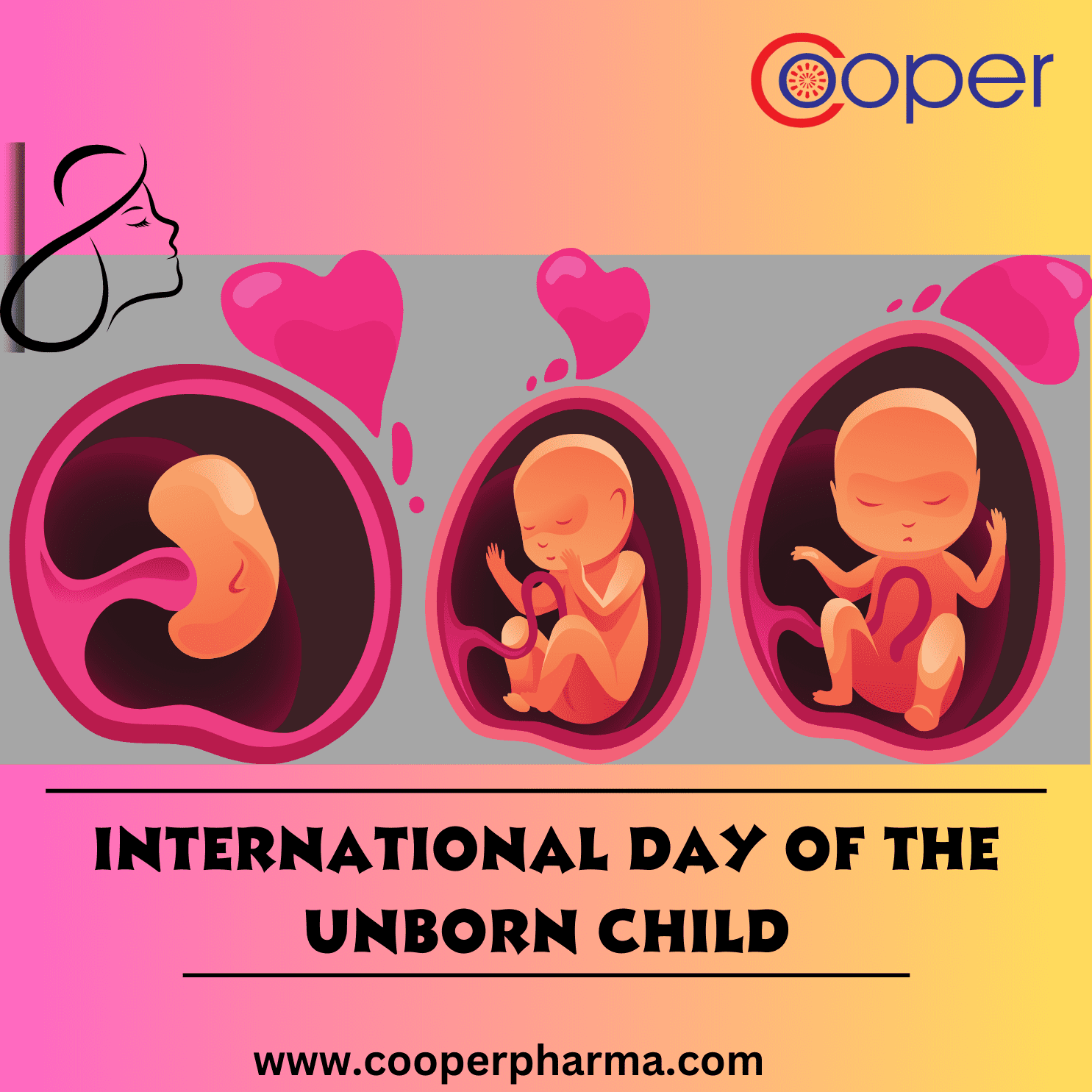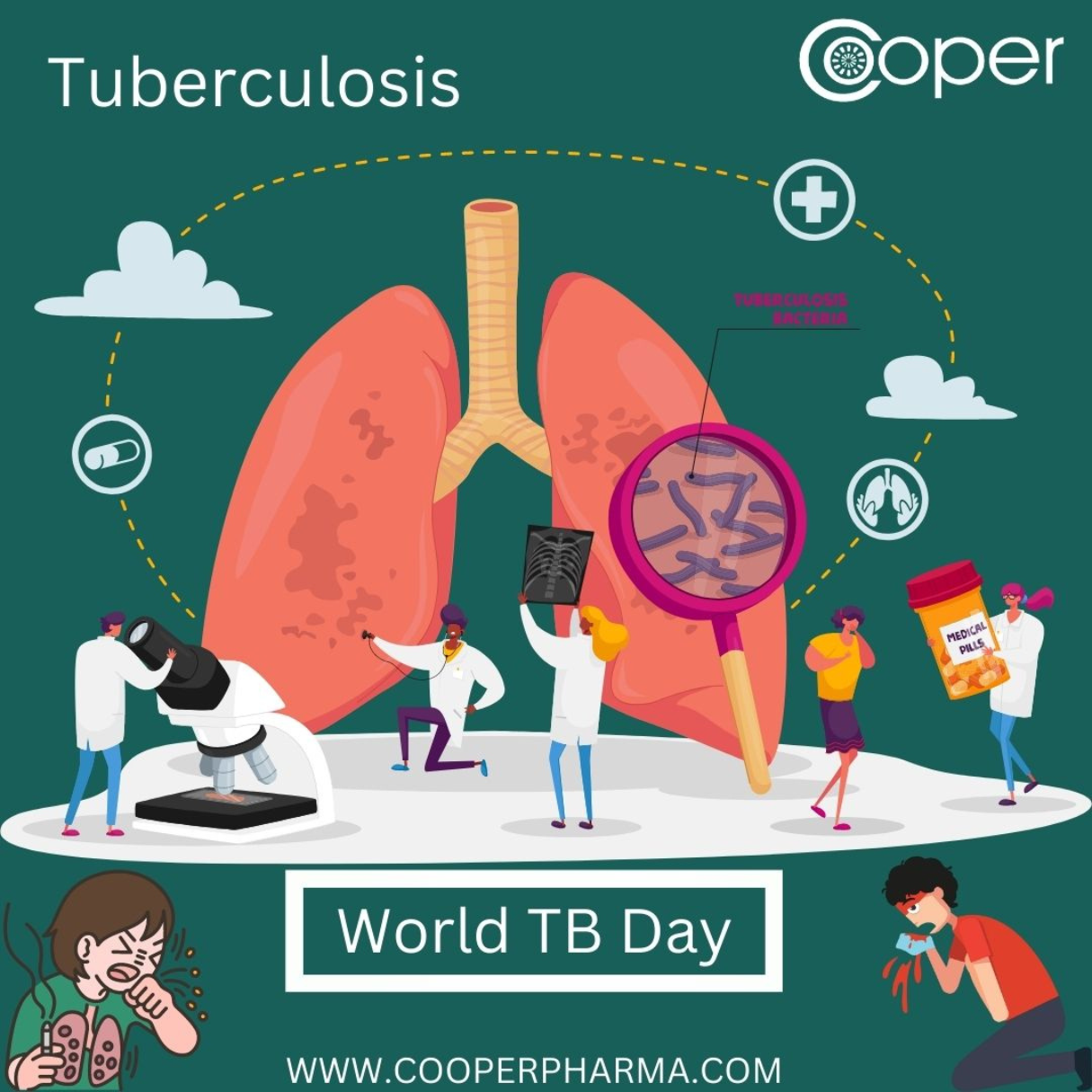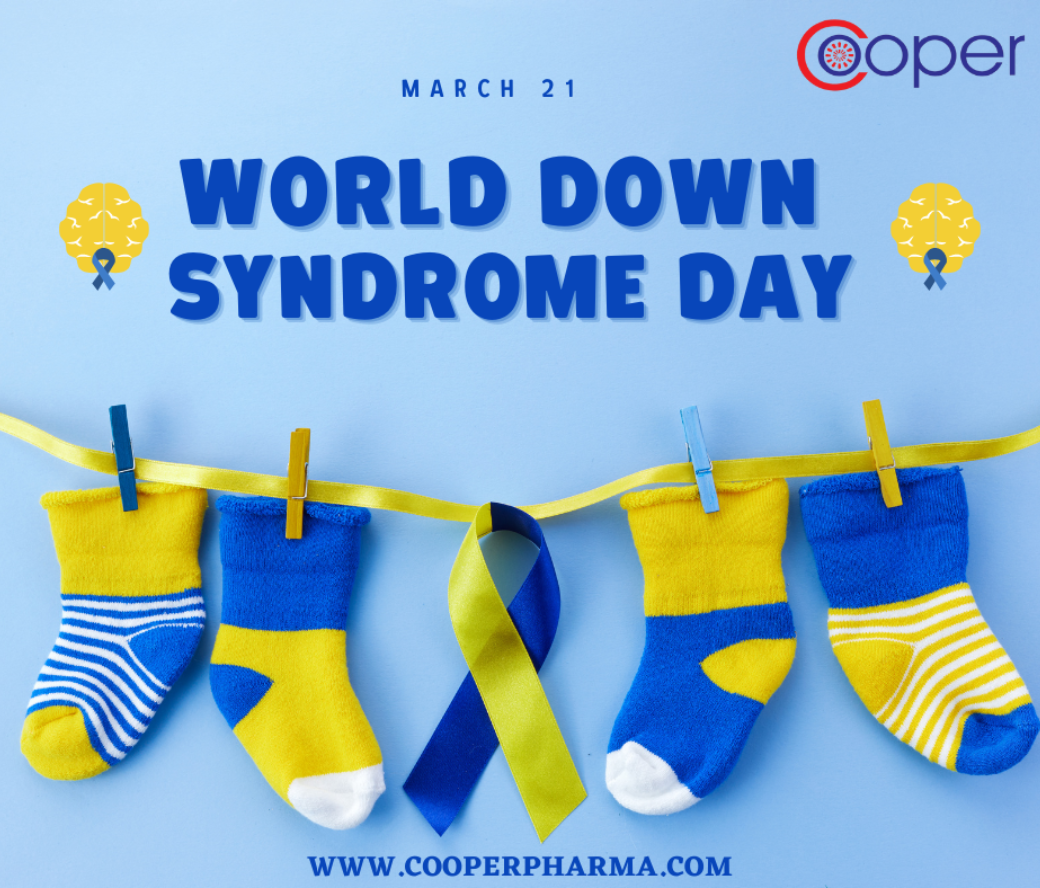Combatting Female Genital Mutilation: Cooper Pharma's Commitment
Recent Blog
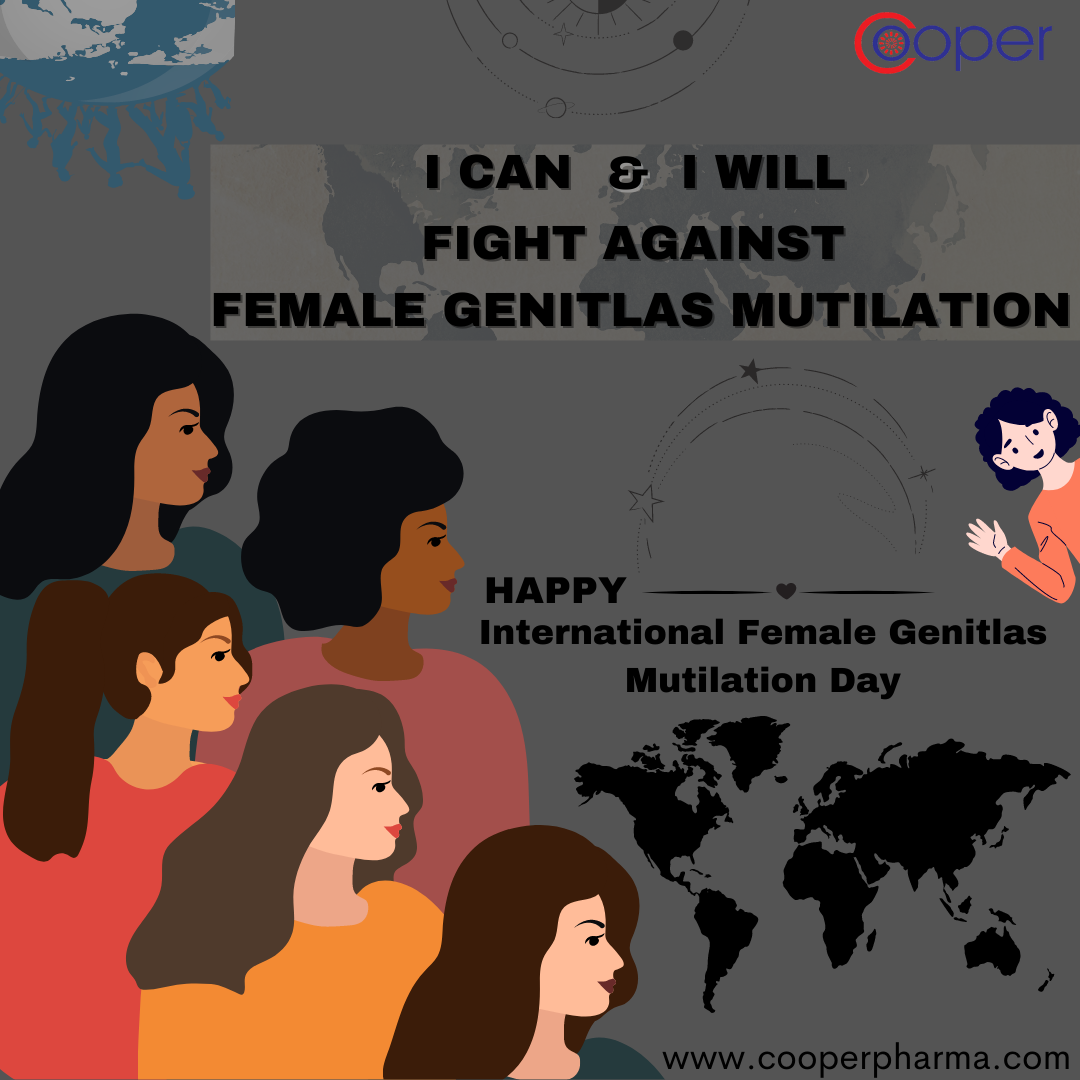
Combatting Female Genital Mutilation: Cooper Pharma's Commitment
Date:- 2023-02-06 06:52:48
As a responsible member of the healthcare community, Cooper Pharma takes a strong stance against Female Genital Mutilation (FGM), also known as female circumcision. FGM is a harmful traditional practice that involves the partial or complete removal of the external female genitalia for non-medical reasons.
This practice has no health benefits and can lead to a host of physical and psychological complications, including chronic pain, infections, infertility, and an increased risk of maternal mortality during childbirth. It is also a violation of the human rights of women and girls and is recognized as such by the World Health Organization (WHO) and numerous international organizations.
Despite being illegal in many countries, FGM remains a widespread practice in some parts of the world, particularly in Africa, the Middle East, and Asia. It is estimated that over 200 million women and girls globally have undergone this harmful procedure.
At Cooper Pharma, we believe that education and action are key to ending FGM. This includes educating communities about the health risks associated with the practice, as well as working with healthcare providers to ensure that they are equipped to offer appropriate care and support to those who have undergone FGM.
We also support the development of programs and policies aimed at preventing FGM, including those that address the root causes of the practice, such as gender inequality and social pressure to conform to traditional norms.
The causes of Female Genital Mutilation (FGM) are complex and vary from one community to another. However, some of the main drivers of the practice include:
-
Cultural and social tradition: In some communities, FGM is seen as a rite of passage or a cultural tradition that is passed down from one generation to the next.
-
Gender inequality: FGM is often seen as a way to control women's sexuality and ensure their virginity until marriage, perpetuating patriarchal norms and values.
-
Beliefs about hygiene and cleanliness: Some communities believe that FGM is necessary for maintaining cleanliness and good health, despite the fact that it has no health benefits.
-
Misinformation: Lack of education and awareness about the negative effects of FGM can lead to widespread misinformation and perpetuation of the practice.
-
Economic and social pressure: In some communities, FGM is a precondition for marriage or social acceptance, creating economic and social pressure to conform to traditional norms.
It's important to understand that these drivers are interrelated and complex, and addressing FGM requires a multi-faceted approach that addresses the root causes of the practice.
Female Genital Mutilation (FGM) can have a range of harmful physical and psychological effects on women and girls. Some of the most common effects of FGM include:
-
Physical pain and bleeding: FGM can cause severe pain and bleeding during and after the procedure, and can lead to long-term health problems such as infections and scarring.
-
Increased risk of childbirth complications: FGM can increase the risk of complications during childbirth, including obstructed labor, increased risk of maternal and newborn mortality, and obstetric fistula.
-
Sexual dysfunction: FGM can lead to decreased sexual sensation and pleasure, as well as sexual and marital problems.
-
Psychological trauma: FGM can cause psychological trauma, including anxiety, depression, and post-traumatic stress disorder (PTSD).
-
Violation of human rights: FGM is recognized as a violation of the human rights of women and girls, and can have far-reaching social and cultural consequences.
It's important to note that these effects can vary from one woman to another, and can depend on the type of FGM performed, the age at which it was performed, and the individual's overall health and well-being.
Precautions to prevent Female Genital Mutilation (FGM) include:
-
Legal action: Governments can enforce laws that prohibit FGM, including by penalizing those who perform the procedure or who coerce others to undergo it.
-
Community-based education: Community-based education programs can raise awareness about the harmful effects of FGM and promote alternatives to the practice.
-
Healthcare provider training: Healthcare providers can be trained to identify and support women and girls who have undergone FGM, and to provide appropriate care and treatment.
-
Media campaigns: Media campaigns can raise awareness about the negative effects of FGM and promote gender equality and human rights.
-
Empowerment of women and girls: Programs that empower women and girls and promote gender equality can help to break the cycle of FGM by reducing the social and economic pressure to conform to traditional norms.
Education and action are key to ending Female Genital Mutilation (FGM). By raising awareness about the harmful effects of the practice, educating communities about alternatives, and empowering women and girls, we can help to create a world where FGM is no longer performed and all women and girls are able to live healthy, fulfilling lives.
In conclusion, FGM is a serious issue that demands the attention of the global healthcare community. Cooper Pharma is committed to playing its part in ending this harmful practice and promoting the health and well-being of women and girls everywhere.


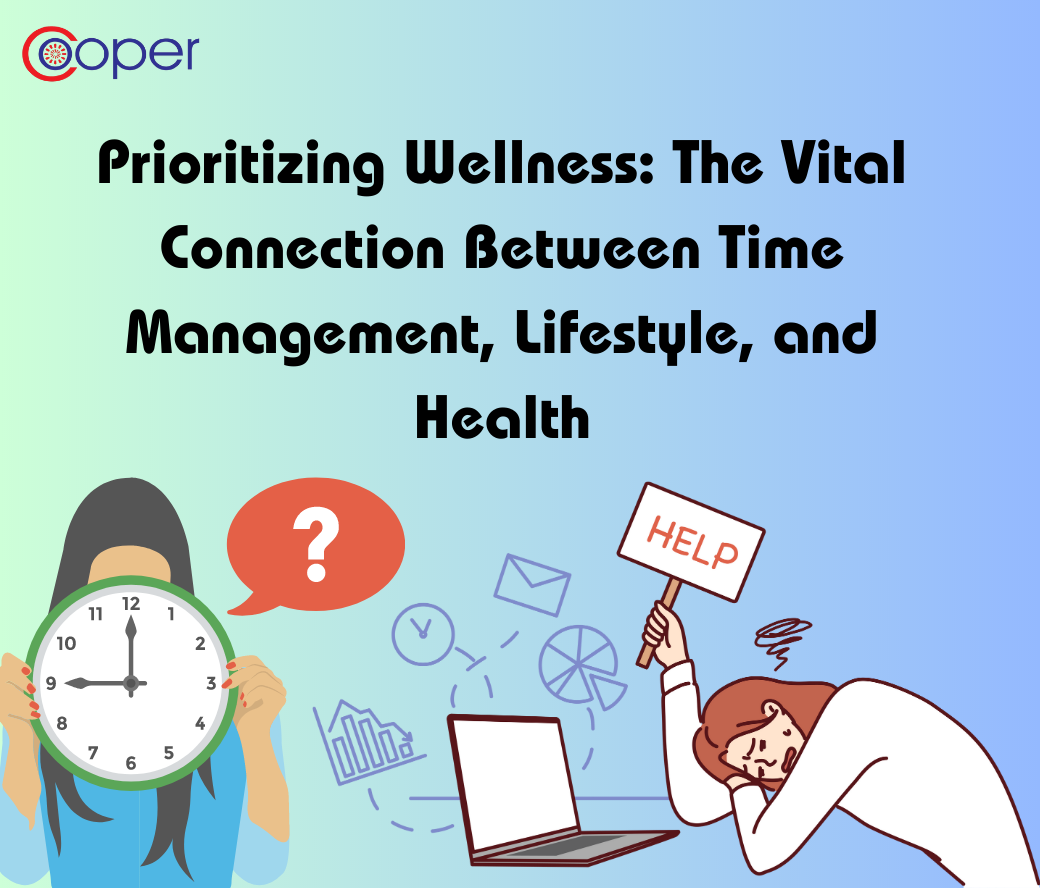

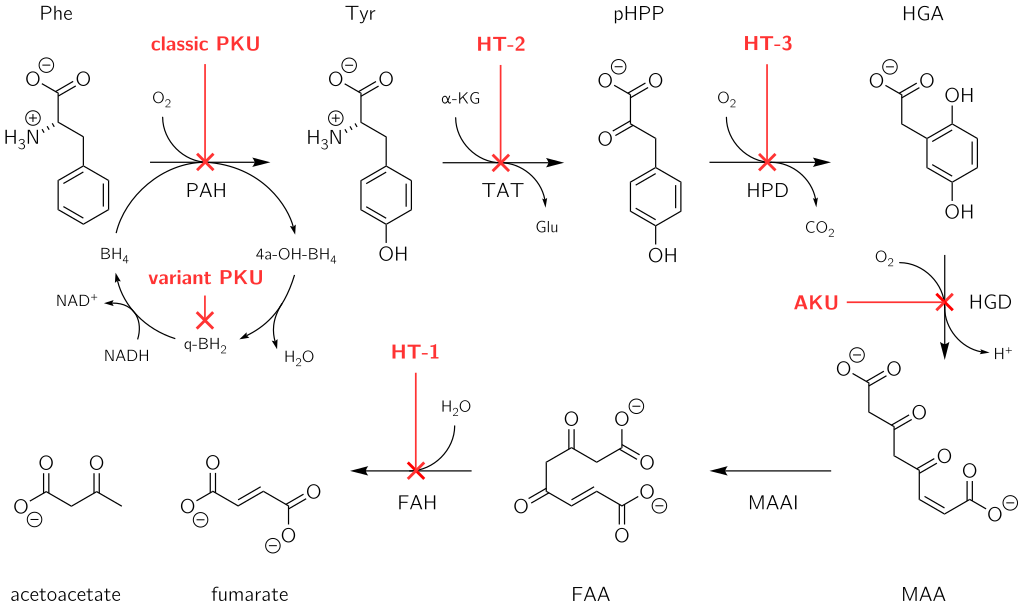




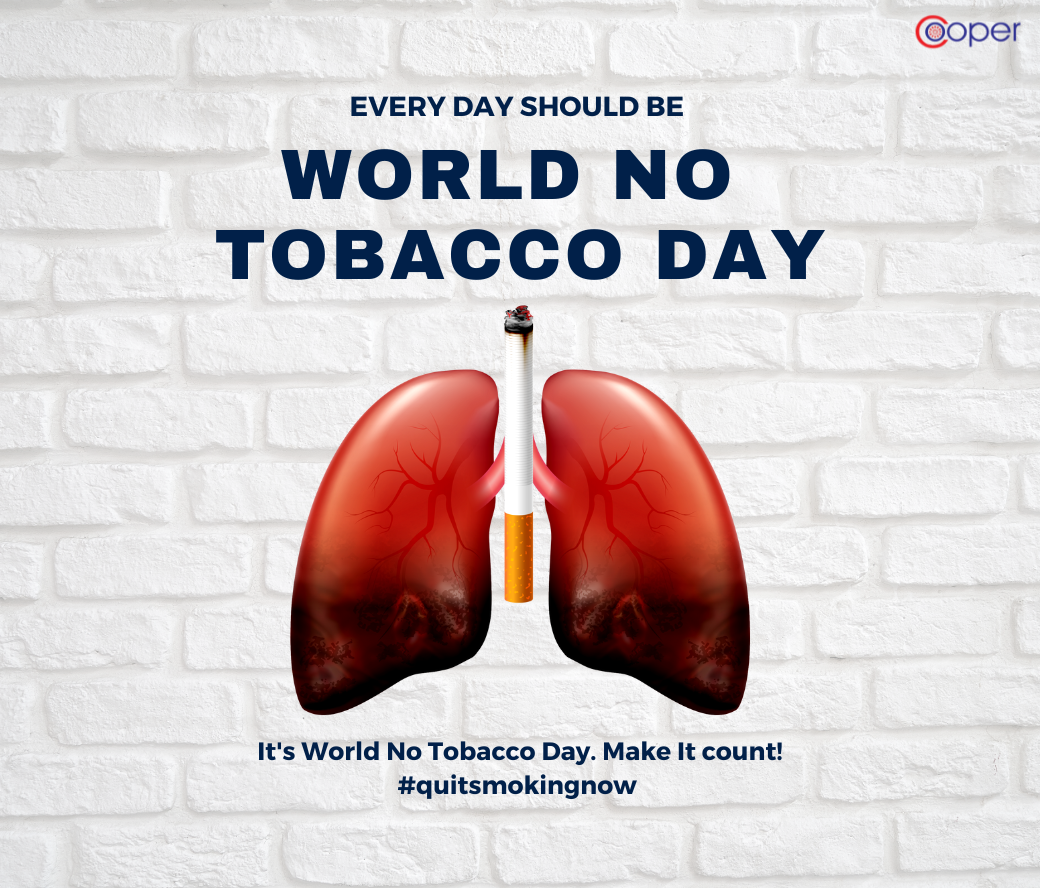
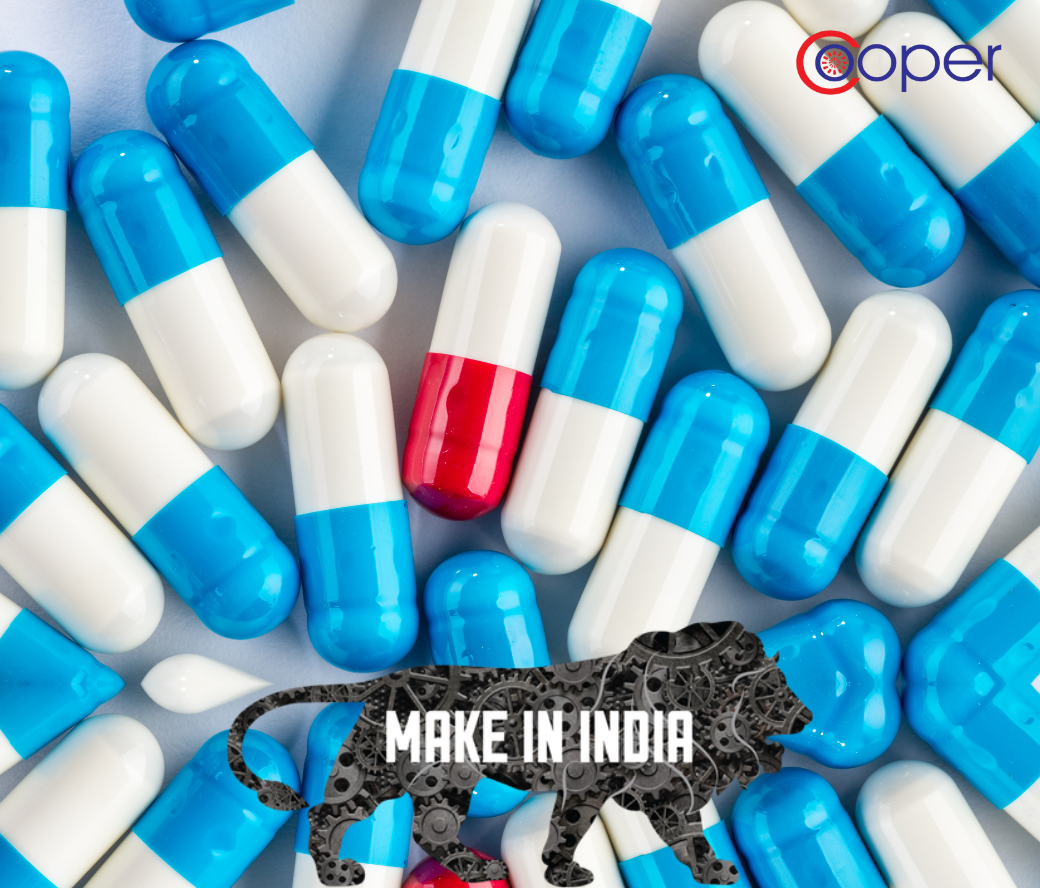
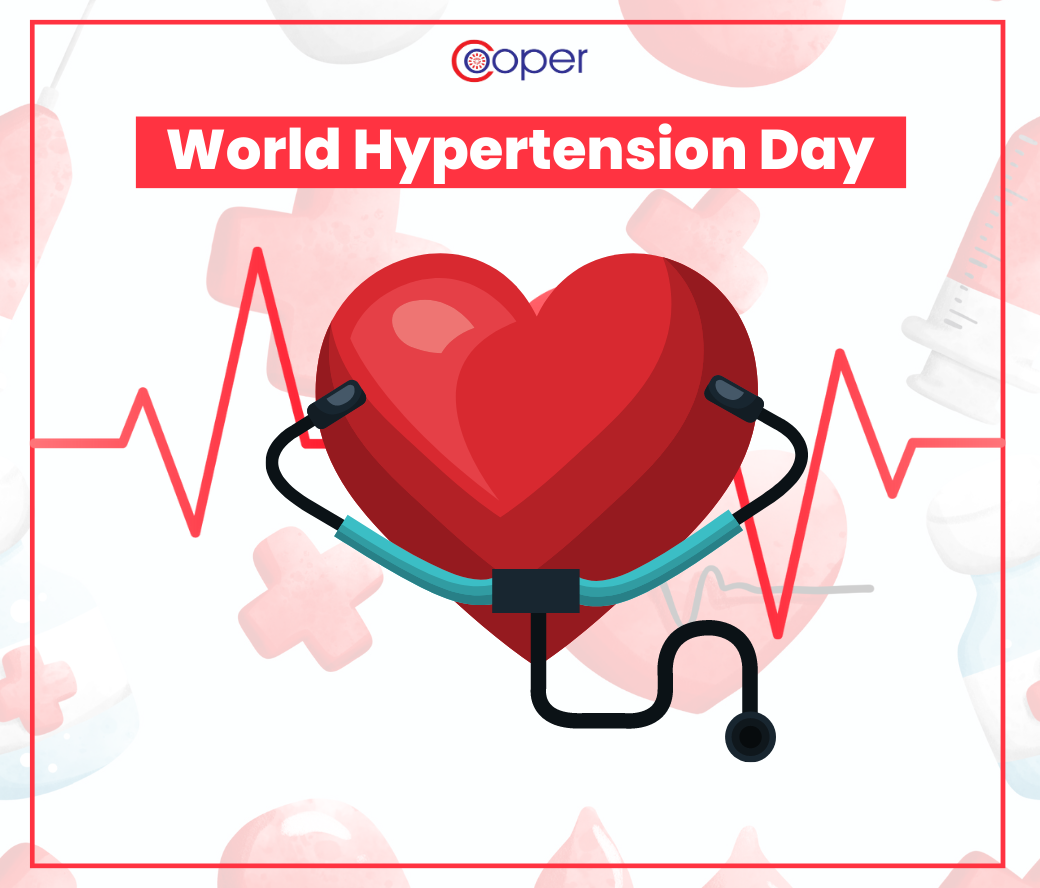

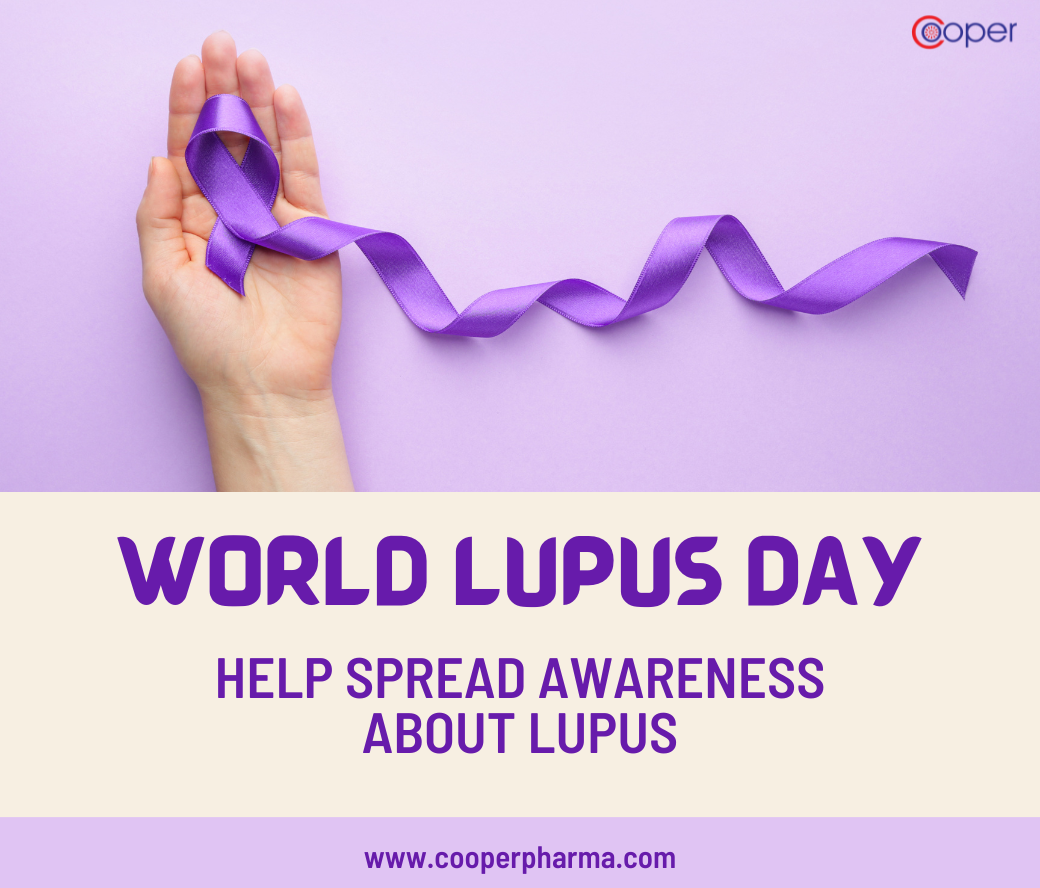
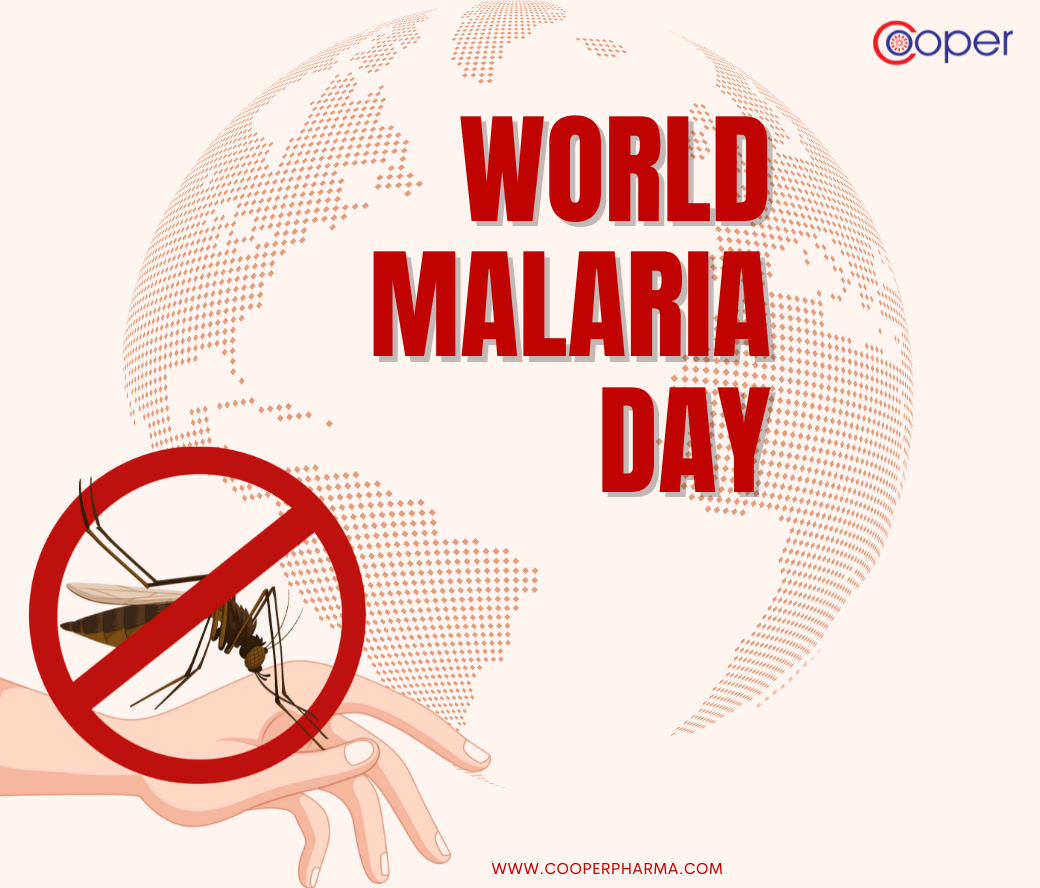




.png)
